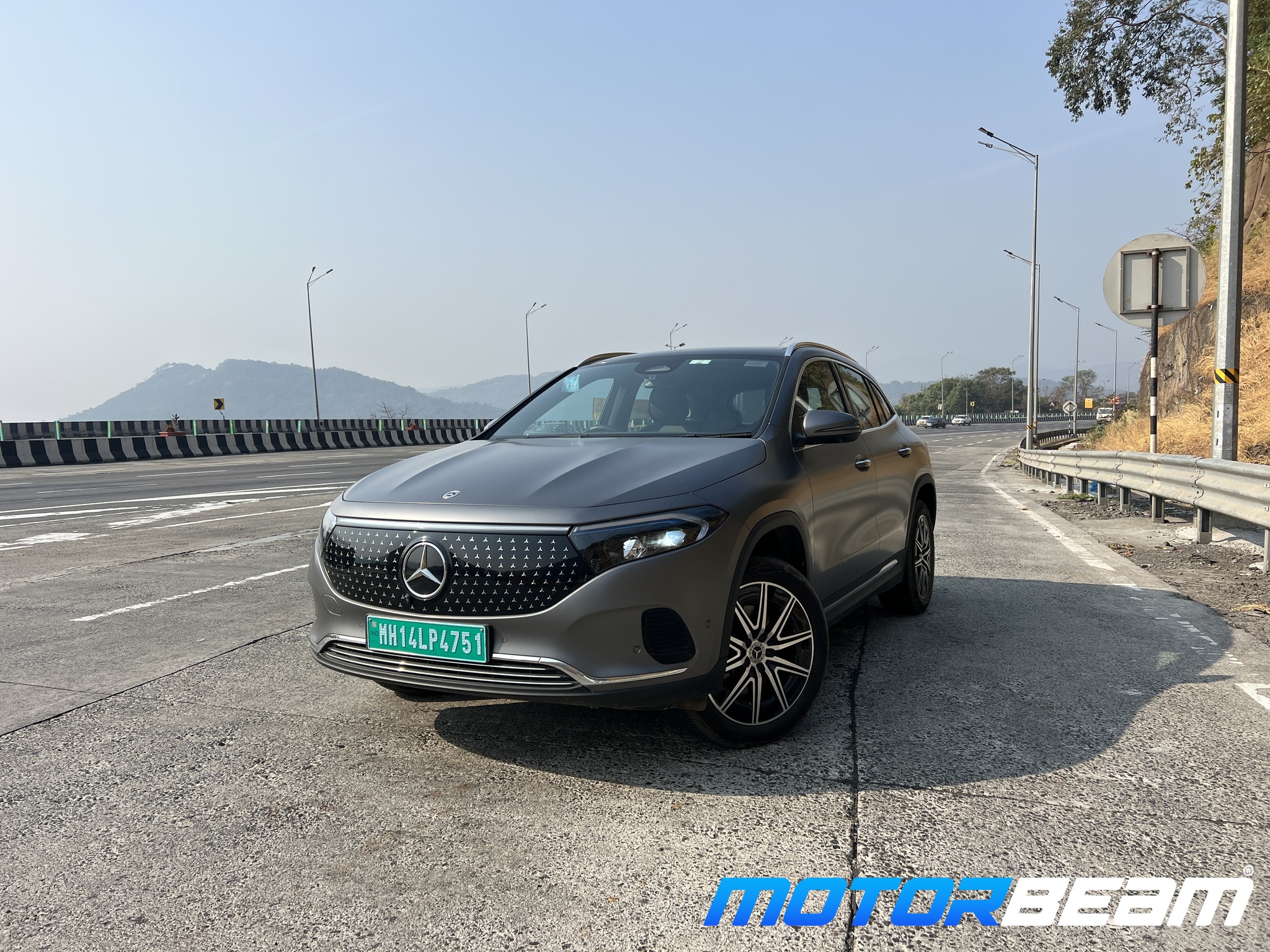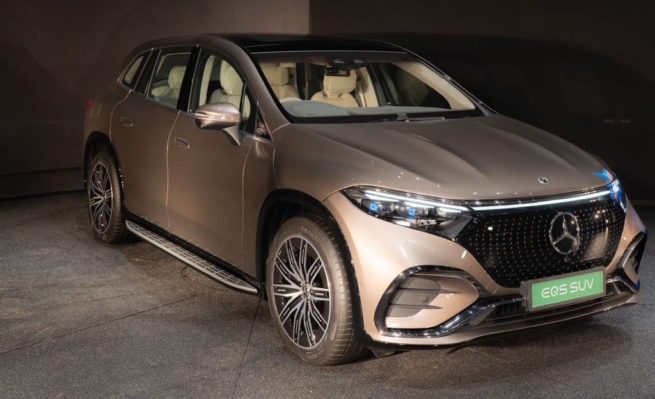
Mercedes Reduces Spending On Electric Cars & Focus On ICE Cars In Addition To Reduction Of Expenditure
Mercedes has announced the cutting of costs in the Electric Vehicles production in a bid to revive profits. The German Carmaker plans to launch 19 cars powered by an internal combustion engine and 17 battery electric vehicles by the end of 2027. Let’s understand what this process aims to achieve.
Experiencing Dips In Financial Market & Sales
Mercedes’ electric sales collapsed by 25% at the end of last year, and it has required important steps to act accordingly. Mercedes is still committed to selling higher priced and low volume vehicles, despite some labourers and investors suggesting that this strategy isn’t working.
It is important to note that Mercedes’ combustion engine cars are outselling EVs.
Mercedes has also localised production in the US and China to protect itself from the 25% tariffs on all vehicle imports as suggested by the Trump administration. The company shares were down by 1.05% at 1100 GMT, which was the biggest fall on the blue-chip euro STOXX 50E index.
Mercedes has observed a fall of 40% in earnings in 2024. The fall was also observed in the car division of 30%, and it is expected to drop by a further 6-8% this year. The brand also suggested in 2022 on Capital Markets Day that it can expect a return on sales of 14% on good days and 8% on difficult days. A part which also plays into the slump is the European region’s rising labour costs, which has caused plant closures and mass layoffs in recent times.
Increased Competition In China
The carmaker has also outlined challenges which it faces in a competitive Chinese luxury car market. Competitors like BYD make it easy to access similar levels of luxury for an affordable price. Mercedes-Benz plans to reduce costs by 10% by 2027 and 20% by 2030. Not to mention, this reduction of expenditure is in the middle of an ongoing 20% reduction between the years 2019 and 2025.
Effective Steps
The brand has reassured us that it doesn’t intend to shut down its plant in Germany. However, in a bid to save costs by almost 70%, it will shift the production of one of its models to Hungary. Mercedes also intends to resort to outsourcing for finance and human resource departments. In addition to it, the automaker also plans to reduce the workforce by not replacing workers who retire and negotiating voluntary redundancies.
Outlook
In terms of performance in the key markets, Mercedes performed worse when compared to BMW EV offerings but better than Audi. Mercedes Benz will also try to grow their market share in China and avoid making irrational decisions. Overall, these measures are showing a trend where automakers will need to think carefully beyond government legislation, whether or not to invest in electric vehicles.





